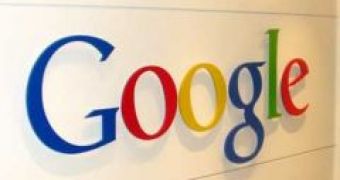Google has responded to accusations of Internet parasitism because of its news aggregation services coming from traditional media outlets indicating that it sends in excess of a billion clicks every month to newspaper websites. Online hotspots that aggregate new content from the web without any license agreement with the owners of the copyrights have been labeled parasites and tech tapeworms in the intestines of the Internet, by Robert Thomson, editor for the Wall Street Journal for The Australian. At the same time, earlier this week, the Associated Press has announced that it will come out gunning down aggregators that misappropriate news content online.
The AP reveals that it is ready to debut legal action against third parties that make use of its content without a license. “We can no longer stand by and watch others walk off with our work under misguided legal theories,“ explains AP Chairman Dean Singleton.
On the heels of AP's announcement, Google responded that it was not among the aggregators targeted by potential lawsuits as it was in fact working in partnership with AP. “Some readers, users and journalists have asked us if the AP's plan is about Google since we host complete AP articles. The answer is that it doesn't appear to pertain to Google since we host those articles in partnership with the AP. We announced that partnership in 2007 as part of an experiment in hosting articles on our site. In hosting agreements such as this, we pay news agencies and display the entire text of articles,” stated Alexander Macgillivray, associate general counsel for Products and Intellectual Property.
In addition to being an intermediary for a billion clicks per month to reach newspaper websites, Google also emphasized that it provided traditional media companies that had an online presence with the tools to monetize their content, through its advertising service. At the same time, Macgillivray noted that articles that were not hosted by Google, but just indexed by its search engine, offered users only a snippet of information, making them want to read the whole thing.
“In the U.S., the doctrine of fair use enshrined in the US Copyright Act allows us to show snippets and links. The fair use doctrine protects transformative uses of content, such as indexing to make it easier to find [pdf]. Even though the Copyright Act does not grant a copyright owner a veto over such uses, it is our policy to allow any rightsholder, in this case newspaper or wire service, to remove their content from our index - all they have to do is ask us or implement simple technical standards such as robots.txt or metatags,” Macgillivray added.

 14 DAY TRIAL //
14 DAY TRIAL //